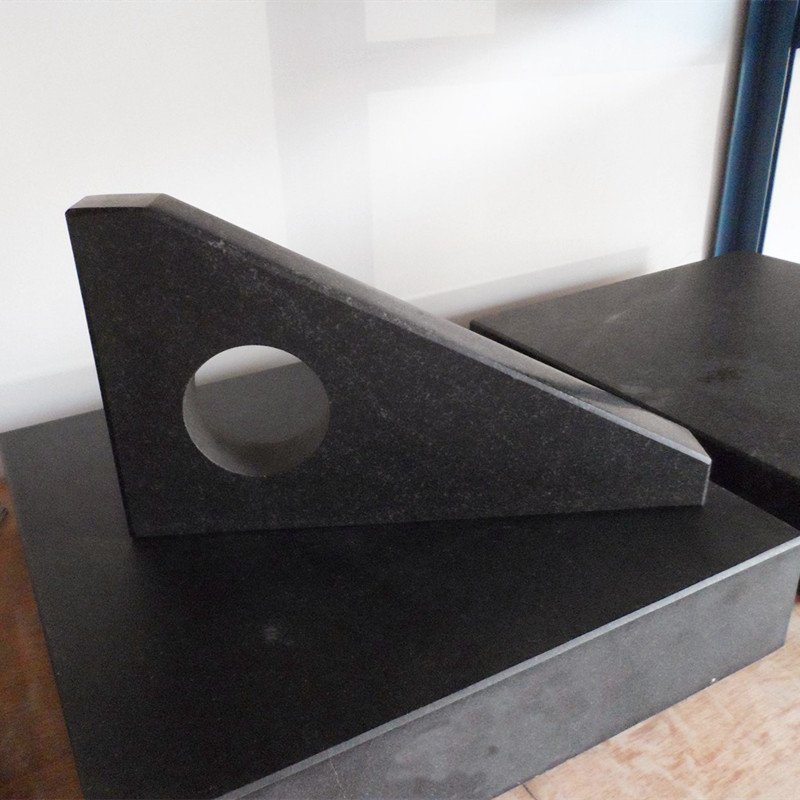ഒക്ട് . 16, 2024 00:33 Back to list
Effective Management of Pressure Control Valve Systems for Optimal Performance and Safety
Understanding Pressure Control Valves An Essential Component in Fluid Systems
Pressure control valves are a crucial element in various fluid systems, used to regulate and maintain a specific pressure within a system. These valves are integral to many applications across industries, including water treatment, oil and gas, chemical processing, and manufacturing. Understanding how pressure control valves work, their types, and applications can enhance system efficiency, reliability, and safety.
What is a Pressure Control Valve?
A pressure control valve is designed to maintain a predetermined pressure in a system, regardless of fluctuations in the input pressure or the flow rate. These valves act as automatic regulators, adjusting their openings in response to changes in pressure, ensuring that the system operates within safe and efficient boundaries. By preventing excessive pressure buildup, they protect downstream equipment and maintain optimal operating conditions.
Types of Pressure Control Valves
There are several types of pressure control valves, each designed for specific applications and operational requirements
1. Relief Valves These valves open automatically to release pressure when it exceeds a set threshold. They are essential for protecting equipment from damage due to overpressure situations.
2. Regulating Valves These valves maintain a consistent downstream pressure by adjusting the flow based on the actual pressure readings. They are commonly used in systems where stable pressure is crucial.
3. Backpressure Valves Used on the upstream side, these valves maintain a minimum pressure in a system by diverting excess flow. They are particularly useful in processes that require consistent upstream pressure.
4. Pressure Reducing Valves (PRVs) These valves are designed to reduce a higher inlet pressure to a lower, controlled outlet pressure. They are often used in applications like water distribution systems to ensure safe delivery of water at manageable pressures.
How Do Pressure Control Valves Work?
Pressure control valves use various mechanisms to regulate pressure. Most commonly, they rely on a spring-loaded system where the force exerted by a spring opposes the pressure in the line. When the pressure reaches a predetermined set point, the valve begins to open or close to either release pressure or restrict flow, thereby stabilizing the pressure downstream.
Modern pressure control valves often integrate advanced technologies, such as electronic controllers, to provide precise pressure regulation. These smart valves can adjust quickly to changes in system pressure, ensuring optimal control with minimal human intervention.
Applications of Pressure Control Valves
pressure control valve

Pressure control valves are indispensable in numerous applications, including
- Water Systems In municipal and industrial water supply systems, pressure control valves ensure consistent water pressure, preventing pipe bursts or leaks.
- Oil and Gas In the oil and gas industry, these valves are essential for maintaining safe operational pressures within pipelines and processing plants, thereby reducing the risk of hazardous leaks.
- Chemical Processing In chemical manufacturing, pressure control valves help maintain proper pressure levels in reactors and distillation columns, ensuring product quality and safety.
- HVAC Systems In heating, ventilation, and air conditioning systems, these valves regulate pressure and flow to optimize energy efficiency and maintain comfort levels.
Benefits of Using Pressure Control Valves
The integration of pressure control valves in a fluid system brings numerous benefits
1. Safety By preventing overpressure conditions, these valves protect personnel and equipment from potential accidents.
2. Efficiency Maintaining optimal pressure levels enhances the efficiency of processes, reducing energy consumption and operational costs.
3. Longevity By protecting equipment from extreme pressures, pressure control valves extend the lifespan of machinery and reduce maintenance costs.
4. Precision Advanced pressure control valves offer precise control, contributing to better product quality and process reliability.
Conclusion
In summary, pressure control valves play an essential role in maintaining the safety, efficiency, and reliability of fluid systems across various industries. Understanding their functionality, types, and applications is vital for engineers and operators to ensure optimal system performance. With advancements in technology, the potential for improvements in pressure control continues to grow, making these valves more critical than ever in modern industrial operations. As industries evolve, the demand for effective pressure management solutions will only increase, reinforcing the importance of pressure control valves in our interconnected world.
-
Why Metric Trapezoidal Thread is Ideal for Precision Motion ControlNewsAug.05,2025
-
The Unique Properties of a Block of Granite for Industrial UseNewsAug.05,2025
-
The Role of Flanged Y Strainers in Preventing Pipeline ClogsNewsAug.05,2025
-
The Importance of Regular Calibration for Master Ring GagesNewsAug.05,2025
-
How a Cast Iron Surface Table Enhances Accuracy in ManufacturingNewsAug.05,2025
-
Comparing Different Check Valve Types for Optimal Flow ControlNewsAug.05,2025
Related PRODUCTS









